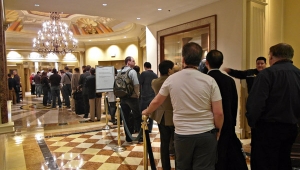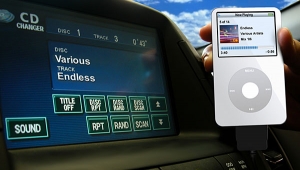| Columns Retired Columns & Blogs |
Increased competition for leisure time, mostly the Internet. A greater statistical distribution of sales along a wider spectrum of titles, mostly due to Amazon, et al (There's plenty of good music if you look beyond the mass marketed stuff.)


























